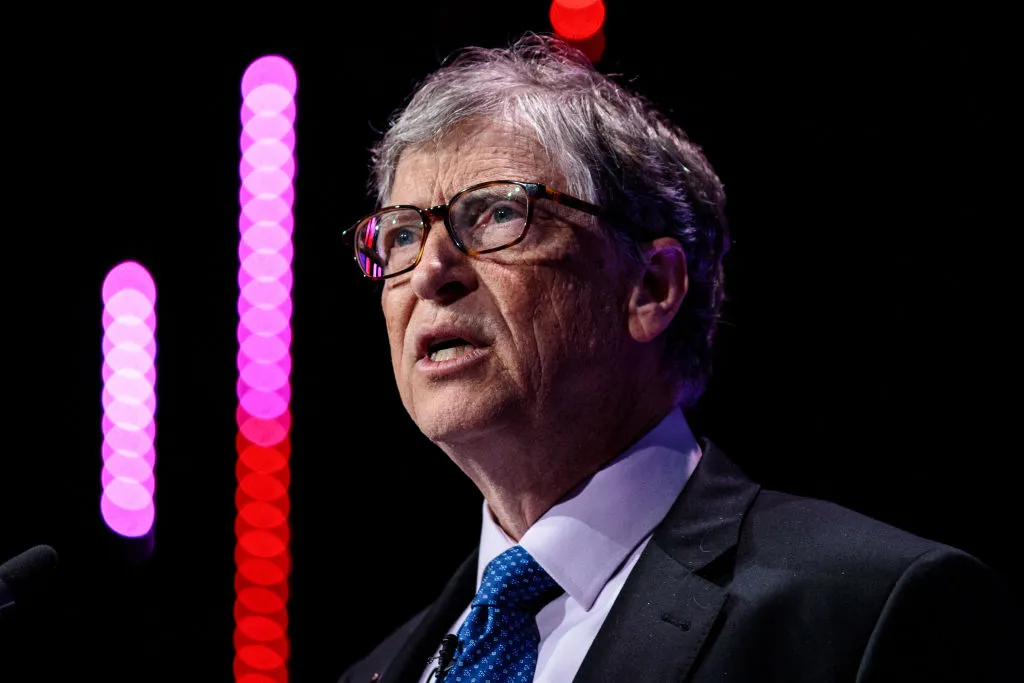Burkina Faso has suspended a high-profile anti-malaria research program funded by the Bill & Melinda Gates Foundation, following growing criticism from local activist groups.
The project, known as Target Malaria, was designed to reduce malaria transmission by releasing genetically modified male mosquitoes that are unable to pass on the disease. It first launched in 2019 in the village of Bana and has since expanded to other test sites.
This week, authorities ordered all activities to cease and instructed that remaining mosquito samples be destroyed under a strict protocol, according to Samuel Paré, a senior official at the Ministry of Higher Education and Research.
Opposition to the project has been led by the Coalition pour la Souveraineté Sanitaire, which has described the initiative as “hazardous and irresponsible.” The group, headed by activist and blogger Nestor Poodasse, argued that foreign-backed experiments amount to population control measures disguised as public health programs.
The suspension comes at a time when anti-Western sentiment has been gaining traction in Burkina Faso, fueled by both political realignment and skepticism of foreign-funded projects. Malaria remains one of the deadliest diseases in the country, with thousands of cases recorded each year, and the decision could reshape how global health initiatives operate in the region.
The Gates Foundation has not yet issued a public response to the government’s order.



